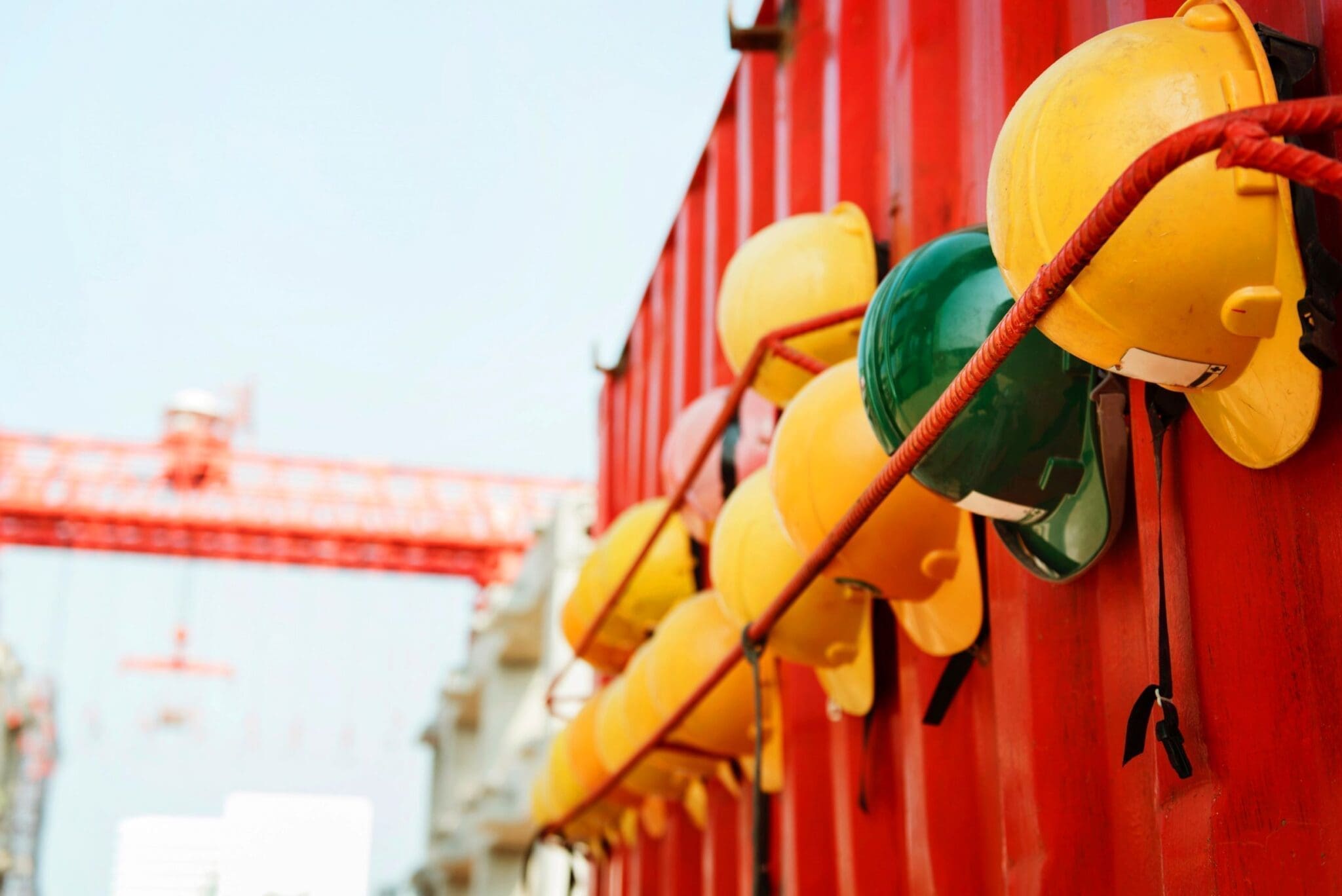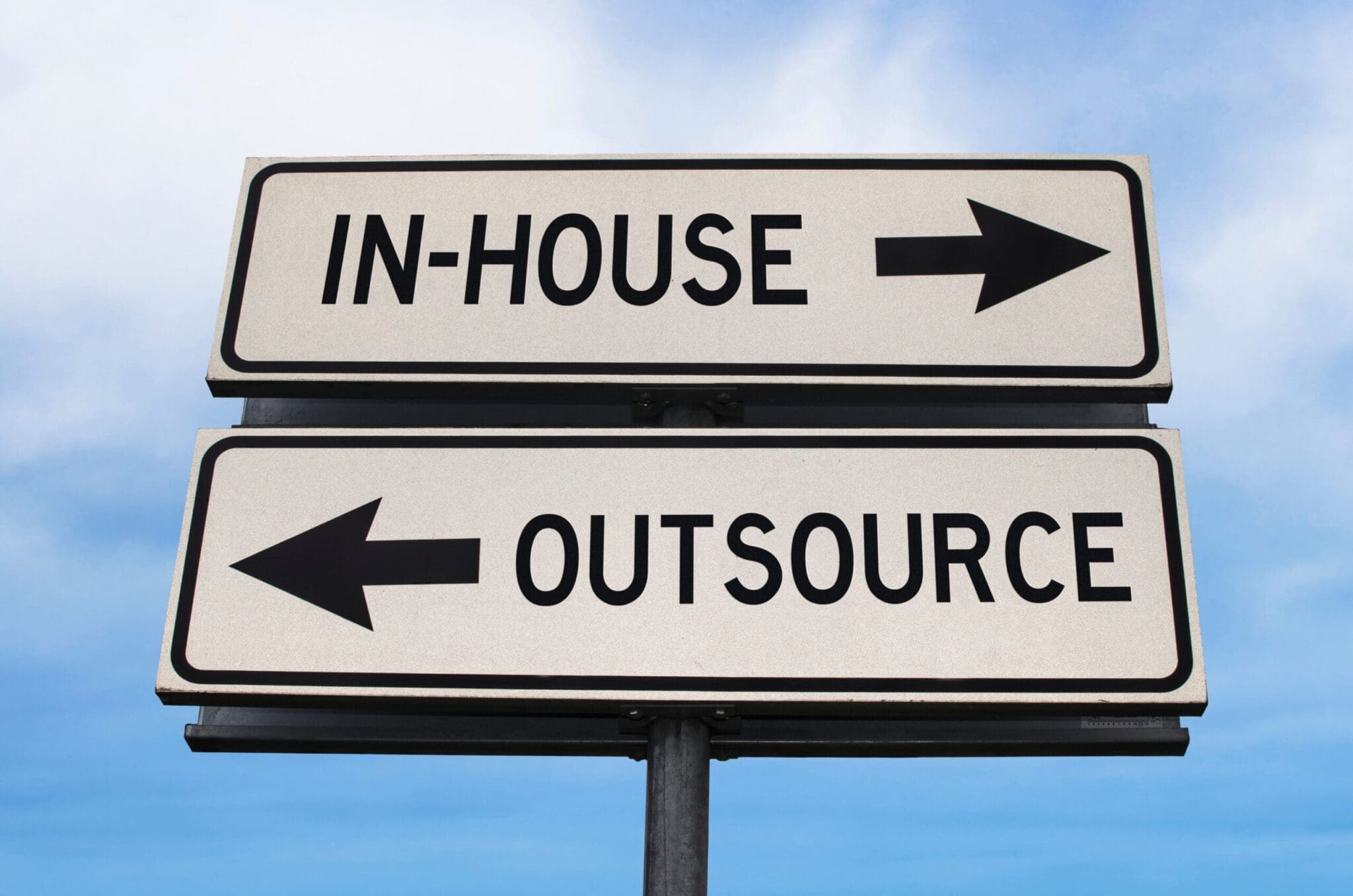The importance of supply chain due diligence and risk management has increased significantly in recent years. Once the sole responsibility of procurement professionals, increased legislative requirements, stakeholder and client expectations have forced many companies to review how supply chains are managed responsibly and sustainably.
Whilst emphasis on supply chain management may have changed or its focus expanded, the concept of risk management is nothing new. Health and safety professionals, particularly in high-risk industries like oil and gas and utilities, have been using and refining very similar concepts and processes to improve standards for many years.
Whether adopting a risk-based approach, implementing a risk hierarchy, encouraging management responsibility to foster responsible behaviours or adapting the Swiss cheese safety model there is a lot we can all learn from our colleagues in health and safety.
A short history of health and safety
Introduced to combat work-related ill-health, accidents and fatalities the Health and Safety at Work Act was introduced into law in the United Kingdom in 1974. A key requirement of the Act was for businesses to introduce processes to risk assess business activities, introduce controls to mitigate risk and monitor the effectiveness of controls. Senior management within businesses were seen as having ultimate responsibility for the safety of the workforce and have been accountable for ensuring sufficient measures have been implemented ever since.
Risk-based thinking
Recently introduced supply chain due diligence legislation recommends companies use a risk-based approach to evaluate the provenance of suppliers within the supply chain. Risk-based thinking is not a new concept for health and safety professionals, it has been integral to ensure compliance with UK and European legislation. For procurement and compliance professionals, tapping into the experience of colleagues within the health and safety department can ease the risk assessment process. Risk assessment enables businesses to evaluate the potential for an adverse situation as well as the time and effort required to control it. Given the complexity of international supply chains, risk assessment is critical in identifying elements within the supply chain which require further attention.
The Swiss Cheese model
Developed by psychologist James Reason, the Swiss cheese model visualises defences, barriers and safeguards within an organisation as a series of slices of Swiss cheese. The layers of the cheese represent layers of defence and the holes represent areas of weakness. The model gained popularity in safety circles where safety professionals used the concept to mitigate risk, improve safety and prevent accidents.
By adopting a systematic approach to risk mitigation and recognising the interconnected nature of errors that result in an accident or incident, health and safety teams “plug the holes” in the layers of cheese. For procurement professionals, developing robust processes with interconnected layers of defence, businesses can reduce risk by identifying potential supplier or supply chain weaknesses. Ensuring a multifaceted supplier qualification and monitoring controls are adopted can increase supply chain resilience and reliability.
Hierarchy of risk
Formalised by the National Institute for Occupational Safety and Health (NIOSH) in the United States, foundational elements of the hierarchy of risk have existed in safety management systems since the mid-20th century. The approach categorises risk control measures in a ranked order of effectiveness: elimination, substitution, engineering controls, administrative controls and personal protective equipment (PPE). The hierarchical approach has been successful in reducing health and safety-related incidents globally where implemented effectively. For sustainability and procurement professionals the approach can be adapted to help reduce supply chain risk. For example, eliminating the use of poor suppliers, substituting non-renewable sources of energy for renewable alternatives, implementing engineering solutions which reduce environmental impact, establishing robust procurement and sustainability policies to manage risk and ensuring compliance through appropriate governance models.
Behavioural safety
Popularised by the American psychologist B.F. Skinner, the concept of behavioural safety initially formed on research that sought to understand how behaviour is influenced by reinforcement and consequences and how modifying workplace behaviours improved safety. The concept of behavioural safety can be adapted by procurement professionals to manage supply chain risk by monitoring the practices of their suppliers and internal teams. By providing feedback, training, positive reinforcement and engagement, procurement professionals can actively encourage suppliers and their team members to adopt safe, more sustainable business practices.
Benefits of cross-functional collaboration
Procurement professionals are increasingly being involved in the broader supply chain due diligence or sustainability topics often due to external pressures. For many, the concept is not new, however, the subject matter is different.
With new reporting and due diligence legislation sweeping across Europe, stakeholder engagement across multiple business units is critical to ensure compliance. This engagement presents an opportunity to meet regulatory requirements as well as an opportunity to learn from colleagues.
The synergy between roles and the concepts that sit behind them are clear. Taking advantage of the broad knowledge and experience in different forms of risk management that already exist in your business can both support business improvements and help improve the efficiency of your procurement process and supply chain.
How Achilles can help
Achilles has collaborated with procurement and safety teams for over 30 years, our business was borne out of a need to protect the safety of workers in high-risk industries. Our expertise in managing and reducing supply chain risk are relied upon globally in some of the world’s most challenging industries. By harnessing our longstanding expertise in risk management, we are now support clients in broader supply chain risk management and due diligence.
To learn more about how Achilles can help your business to reduce supply chain risk contact us here.


